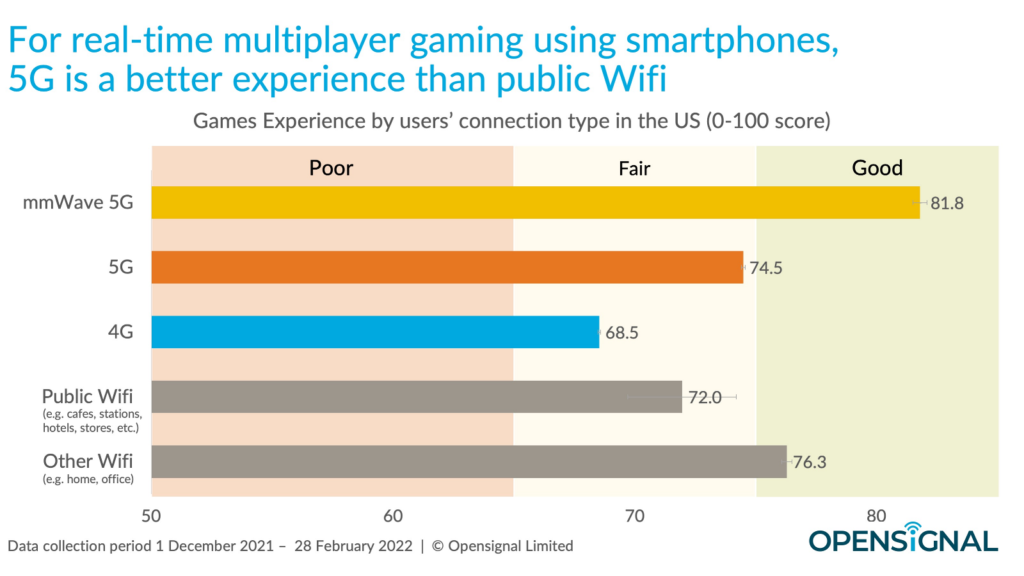Revolutionizing Quantum Computing with a Breakthrough in Refrigeration Technology
Quantum computing has the potential to transform various industries, including healthcare, energy storage, emerging technologies, and logistics systems. At the core of this technology are qubits, but the challenge of cooling these qubits to near absolute zero has hindered the development of practical quantum computers.
A significant breakthrough has been achieved by researchers from Chalmers University of Technology in Sweden and the University of Maryland in the USA. They have successfully developed a new type of refrigerator that can autonomously cool superconducting qubits to record-low temperatures.
For quantum computers to function effectively, qubits must be maintained at ultra-cold temperatures near absolute zero. This allows the qubits to enter a low-energy state crucial for quantum calculations.
Existing cooling systems, such as dilution refrigerators, can only cool qubits to around 50 millikelvins, slightly above absolute zero. Achieving further cooling beyond this point has been challenging due to the limitations imposed by the laws of thermodynamics.
The newly developed quantum refrigerator has the capability to cool superconducting qubits down to an unprecedented 22 millikelvin, addressing this significant challenge. This breakthrough is poised to enhance the overall performance of quantum computers significantly.


The operation of the quantum refrigerator is based on the interactions between a superconducting qubit and a thermal environment. In this system, one qubit absorbs energy from the environment to power the refrigerator, which then transfers energy to the second, cold qubit, dissipating heat to a colder environment. This autonomous refrigeration process eliminates the need for external control once initiated.
“The refrigerator harnesses environmental heat and utilizes quantum phenomena to cool the target qubit,” explained Aamir Ali, the lead author and research specialist at Chalmers University. “This method enhances the probability of the qubit being in its ground state before computation to an impressive 99.97%, surpassing previous techniques which achieved probabilities between 99.8% and 99.92%.”
Although the improvement may seem marginal, it has a cumulative effect over multiple computations, significantly enhancing the efficiency of quantum computers.
“The development of this autonomous quantum refrigerator represents a crucial advancement towards establishing reliable and scalable quantum computing,” noted Simone Gasparinetti, Associate Professor at Chalmers University and lead author of the study. “Our experiment was initially a proof of concept, and we were pleasantly surprised by its performance.”
This breakthrough in cooling technology not only reduces errors but also brings us closer to the practical application of quantum computers in various industries, paving the way for more powerful and efficient technologies.
As quantum computing progresses, the new quantum refrigerator could play a vital role in advancing reliable and error-free quantum computation, with far-reaching implications across industries worldwide.
Journal Reference:
- Aamir, M.A., Jamet Suria, P., Marín Guzmán, J.A. et al. A thermally driven quantum refrigerator autonomously resets a superconducting qubit. Nat. Phys. (2025). DOI: 10.1038/s41567-024-02708-5



